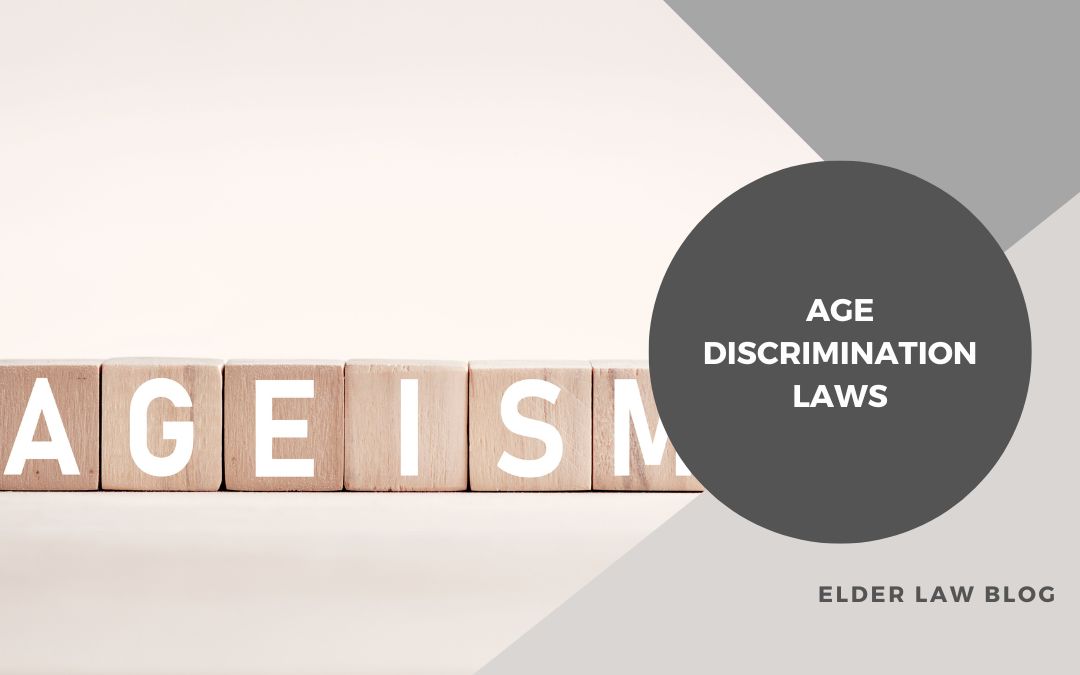The most common age discrimination laws in the United States are:
Age Discrimination in Employment Act (ADEA): The ADEA prohibits age discrimination against individuals who are 40 years of age or older in employment. It covers various aspects of employment, including hiring, promotions, benefits, and termination.
Age Discrimination Act of 1975 (ADA): ADA ensures that older individuals have equal access to and participation in federally funded programs in various sectors such as education, healthcare, housing, and social services.
Older Americans Act (OAA): The OAA addresses the needs and concerns of older adults through various services such as nutrition programs, disease prevention, supportive services, and senior centers. These programs promote independence, social engagement, and access to supportive services.
Fair Housing Act (FHA): The FHA ensures that older individuals have equal opportunities to rent or buy housing without facing discrimination or being subjected to restrictive practices.

